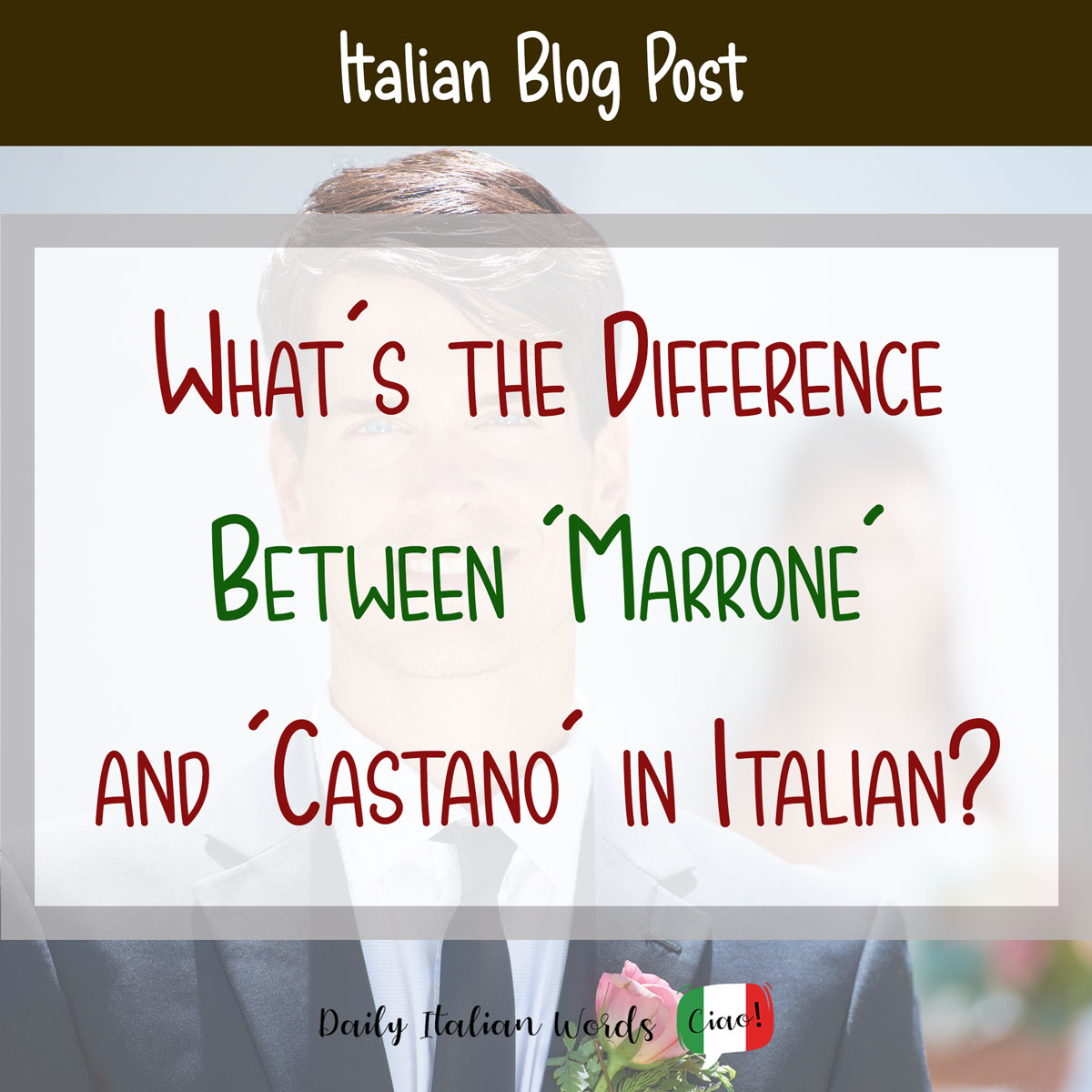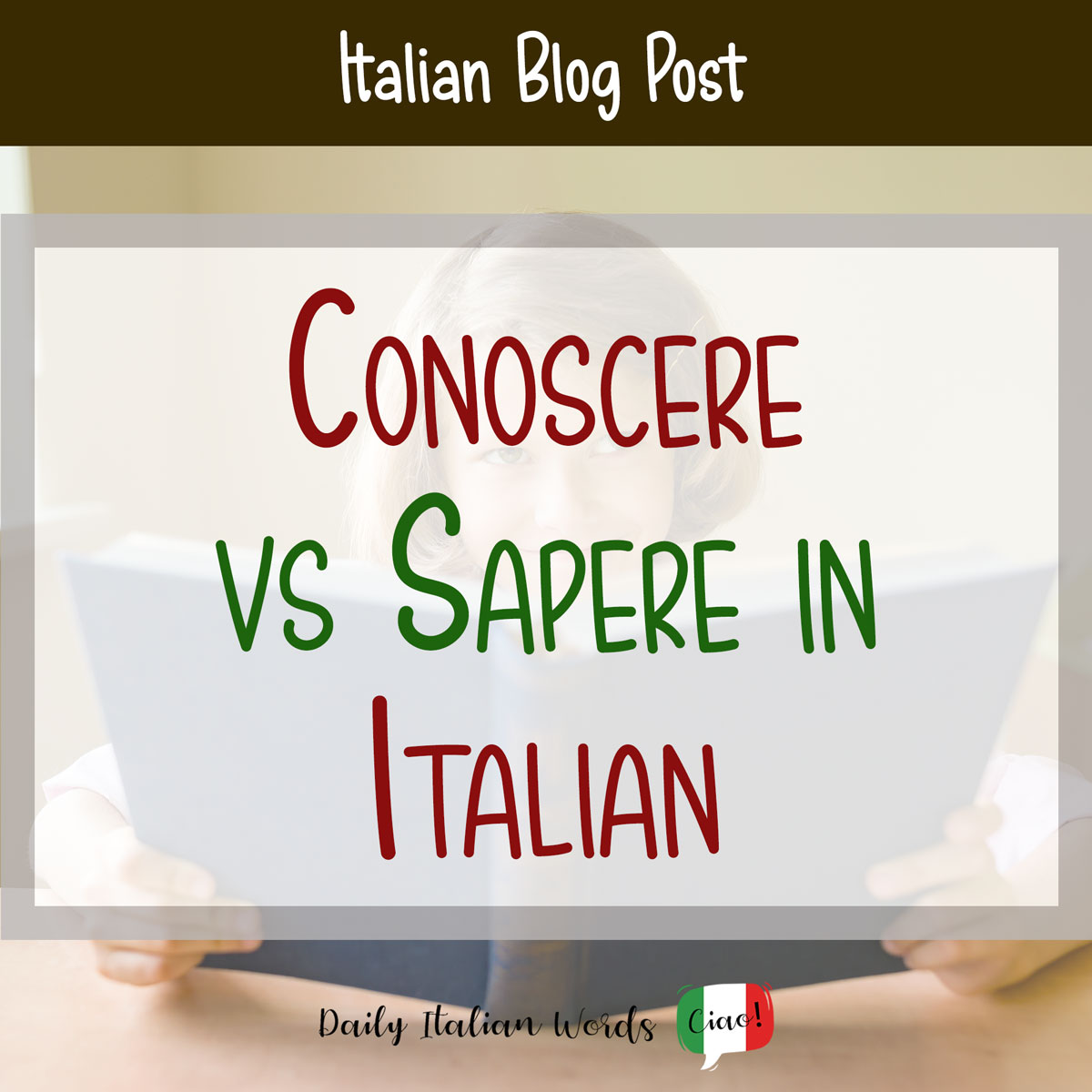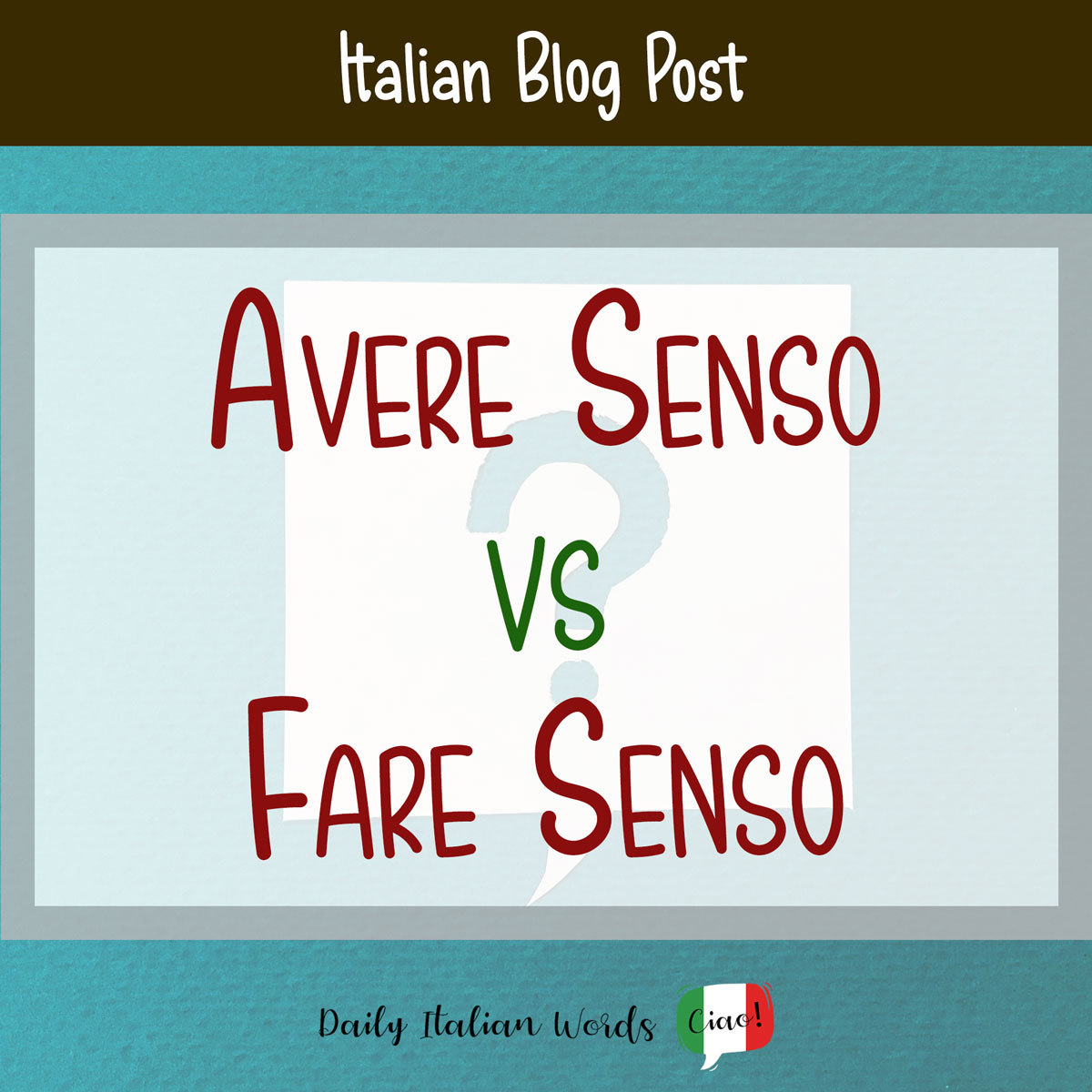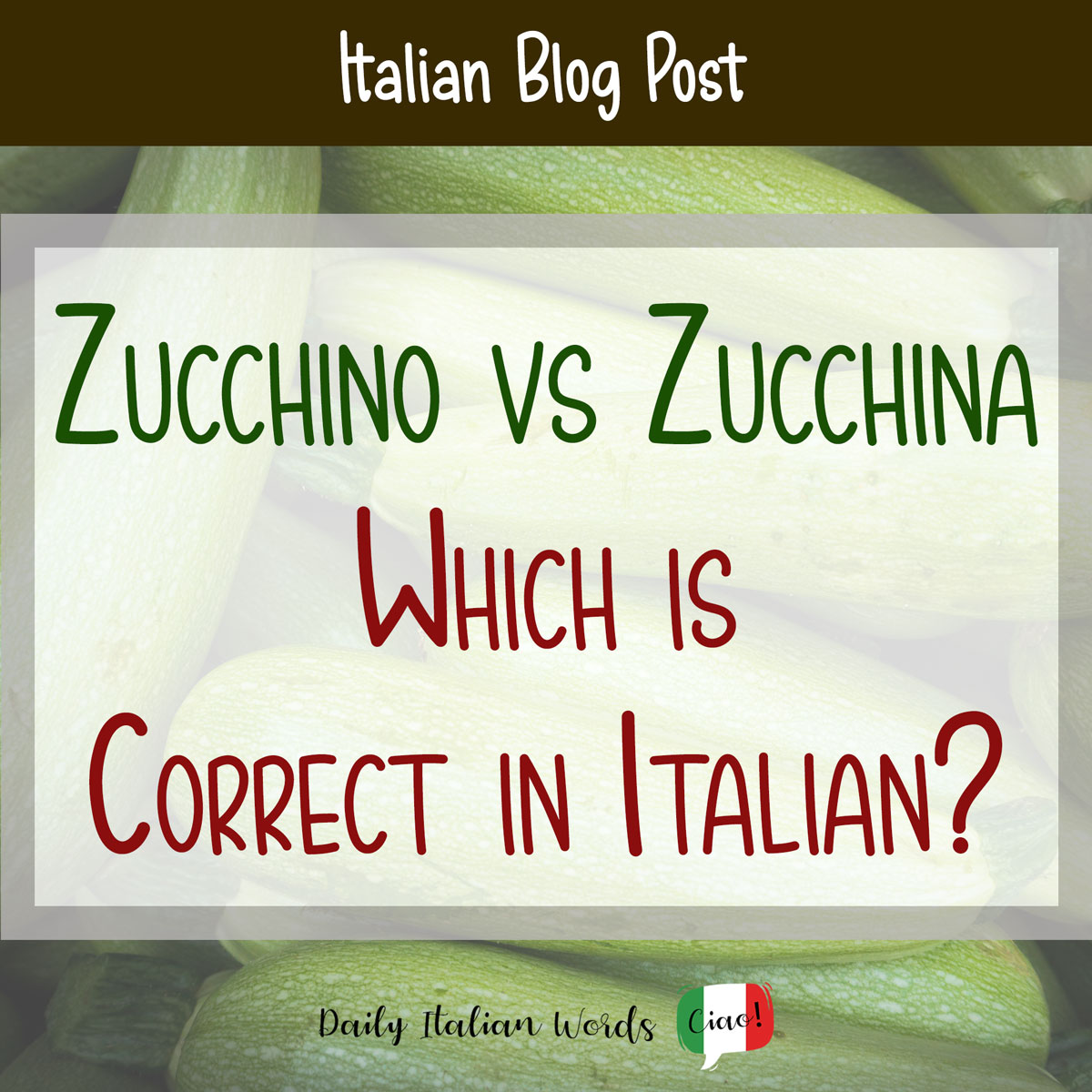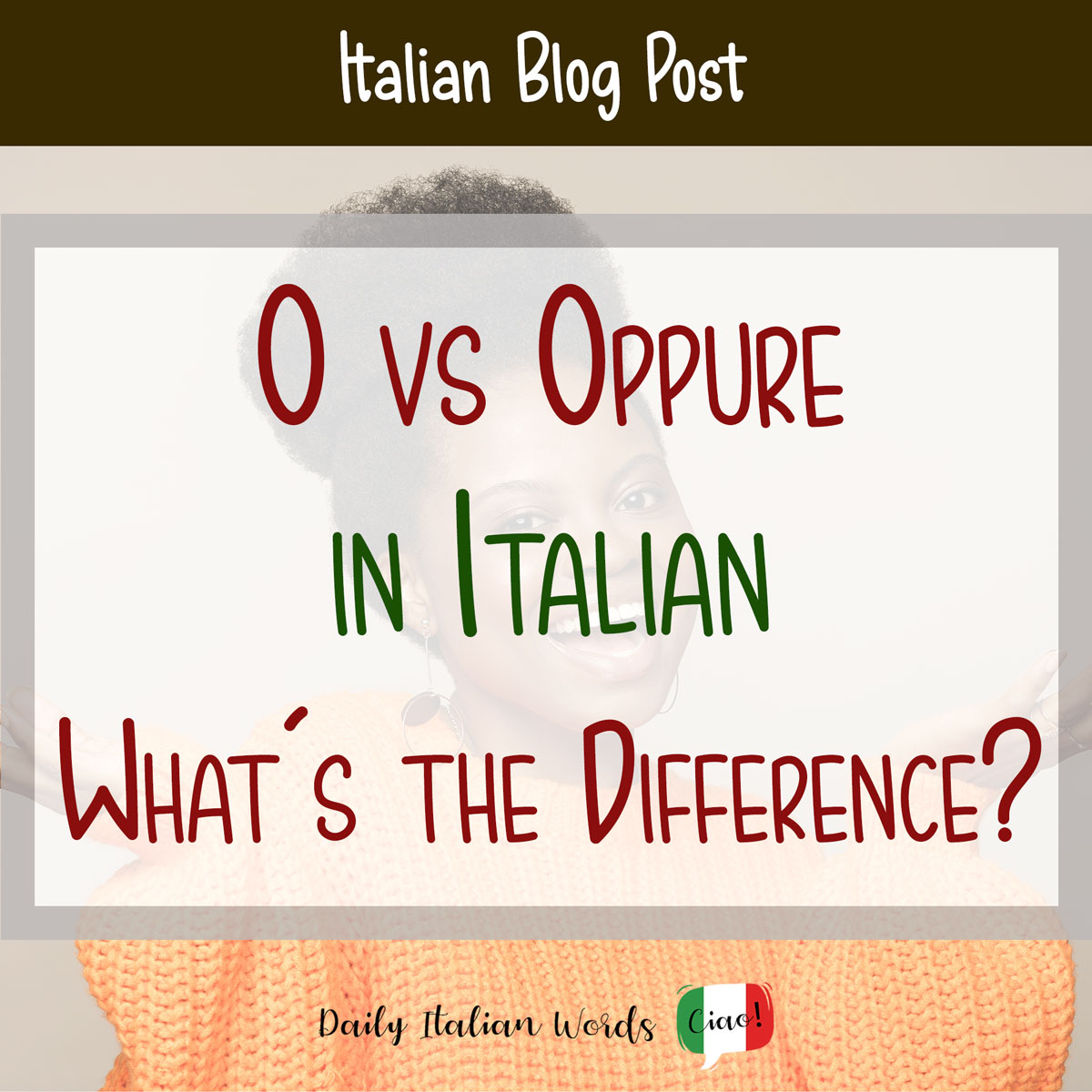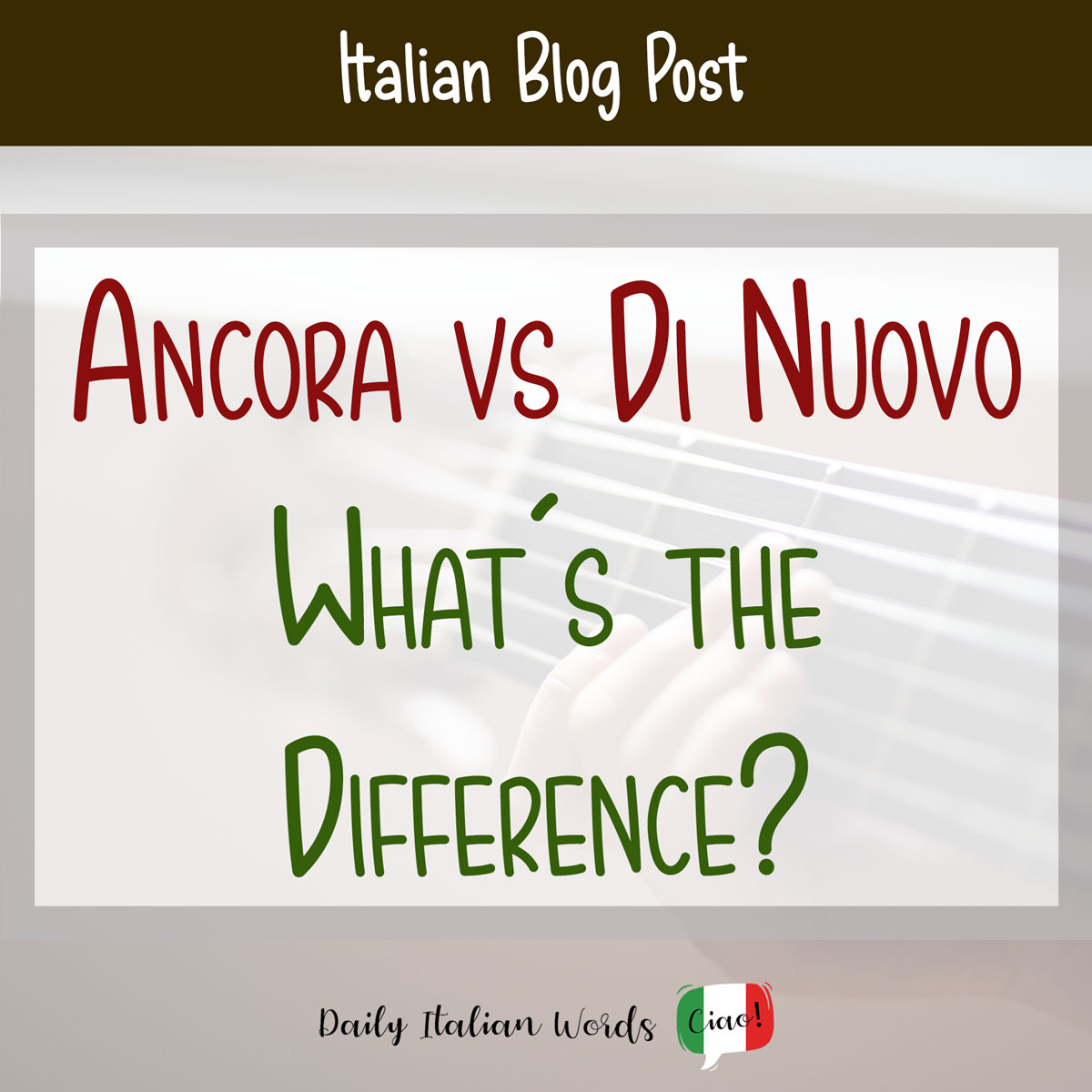What’s the difference between ‘castano’ and ‘marrone’ in Italian?
Italians have various words to describe brown, but there are specific situations where using the appropriate term in the correct context is crucial to avoid sounding odd. This is especially true when discussing hair colour. Indeed, no one in Italy would ever say, “she has brown hair” (Lei ha i capelli marroni). Let me explain …

